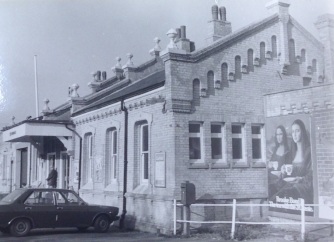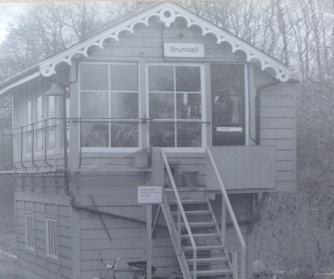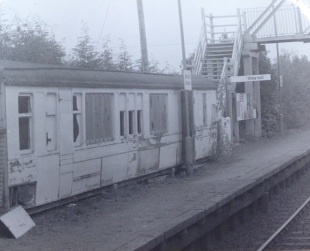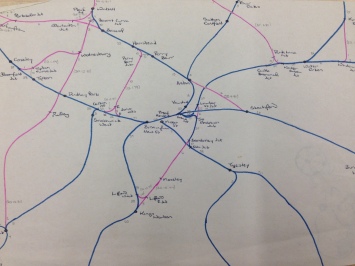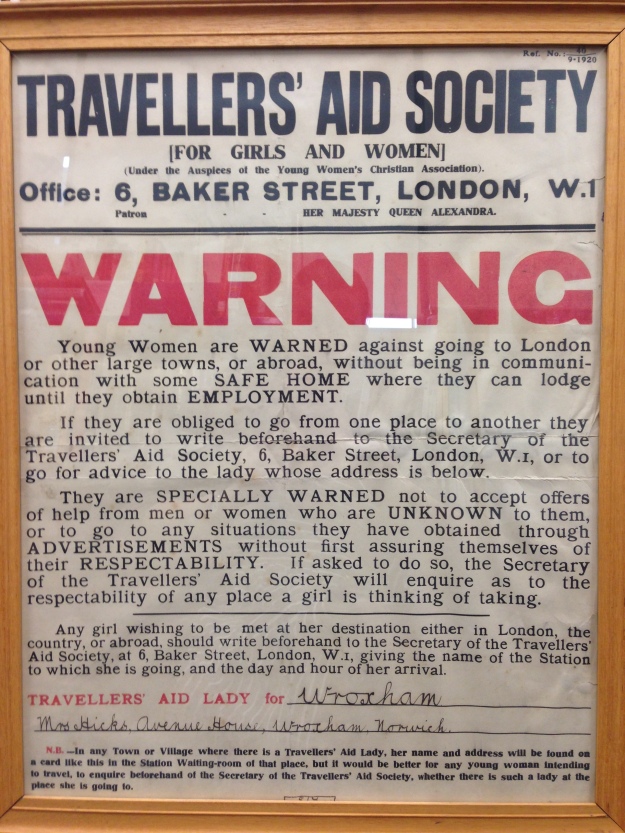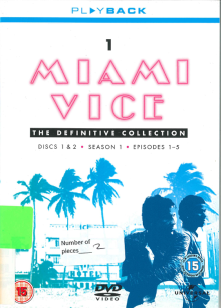 A post by Oliver Thompson, Library Assistant.
A post by Oliver Thompson, Library Assistant.
A skilled martial artist single-handedly defeating 30 opponents whilst blindfolded. A Miami cop speeding in a Ferrari after a drug baron in a Lamborghini. An iconic grunge band performing live. One may not associate such things with a University library, but they can all be found on the shelves at Brunel. Although it exists primarily for academic purposes, the library hosts a wealth of material that can be enjoyed purely for its entertainment value, including fictional works, DVDs and Music CDs, all available free to check out for Brunel students and staff.
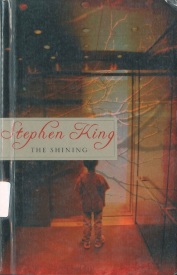
There are many popular and critically acclaimed novels available, from authors such as Stephen King, Neil Gaiman, George Orwell, JG Ballard, Bret Easton Ellis, Chuck Palahniuk, and Terry Pratchett. Popular series such as Harry Potter, The Hunger Games and His Dark Materials are also available.

There is an eclectic library of movies that cater for every taste, including blockbusters such as Avatar, and Back To The Future, comedies such as Spinal Tap and Little Shop Of Horrors, horror films such as 28 Days Later and Psycho, martial arts films such as The Raid, and anime such as Ninja Scroll. The library also holds an extensive collection of public lectures, documentaries and musical performances on DVD.
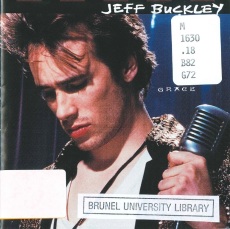 You can also find a wide library of musical recordings in the library, including Jazz, Classical, Electronic, Rock, Pop, Soundtracks and music from around the world. Beethoven, Jeff Buckley, Miles Davis, and countless others can all be found in the music department.
You can also find a wide library of musical recordings in the library, including Jazz, Classical, Electronic, Rock, Pop, Soundtracks and music from around the world. Beethoven, Jeff Buckley, Miles Davis, and countless others can all be found in the music department.
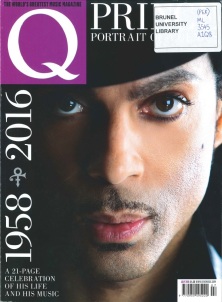 On the top floor of the library there is an extensive selection of journals and periodicals dealing with a very wide range of subjects, including dance, sports, theatre, politics and video games amongst many others, so whatever your interest it is likely that there will be something of interest. Whether you want to take up a new hobby such as photography, learning a new language, film-making, or become adept at chess, learn to paint or get to grips with a new software program, it is likely there will be a book or electronic resource available from the library.
On the top floor of the library there is an extensive selection of journals and periodicals dealing with a very wide range of subjects, including dance, sports, theatre, politics and video games amongst many others, so whatever your interest it is likely that there will be something of interest. Whether you want to take up a new hobby such as photography, learning a new language, film-making, or become adept at chess, learn to paint or get to grips with a new software program, it is likely there will be a book or electronic resource available from the library.
There are many things to discover here at the library, so next time that you visit keep an eye and an ear out for the unexpected.

 A post by Oliver Thompson, Library Assistant.
A post by Oliver Thompson, Library Assistant.

 You can also find a wide library of musical recordings in the library, including Jazz, Classical, Electronic, Rock, Pop, Soundtracks and music from around the world. Beethoven, Jeff Buckley, Miles Davis, and countless others can all be found in the music department.
You can also find a wide library of musical recordings in the library, including Jazz, Classical, Electronic, Rock, Pop, Soundtracks and music from around the world. Beethoven, Jeff Buckley, Miles Davis, and countless others can all be found in the music department. On the top floor of the library there is an extensive selection of journals and periodicals dealing with a very wide range of subjects, including dance, sports, theatre, politics and video games amongst many others, so whatever your interest it is likely that there will be something of interest. Whether you want to take up a new hobby such as photography, learning a new language, film-making, or become adept at chess, learn to paint or get to grips with a new software program, it is likely there will be a book or electronic resource available from the library.
On the top floor of the library there is an extensive selection of journals and periodicals dealing with a very wide range of subjects, including dance, sports, theatre, politics and video games amongst many others, so whatever your interest it is likely that there will be something of interest. Whether you want to take up a new hobby such as photography, learning a new language, film-making, or become adept at chess, learn to paint or get to grips with a new software program, it is likely there will be a book or electronic resource available from the library.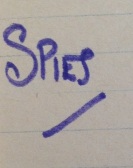 Long before James Bond, there was
Long before James Bond, there was 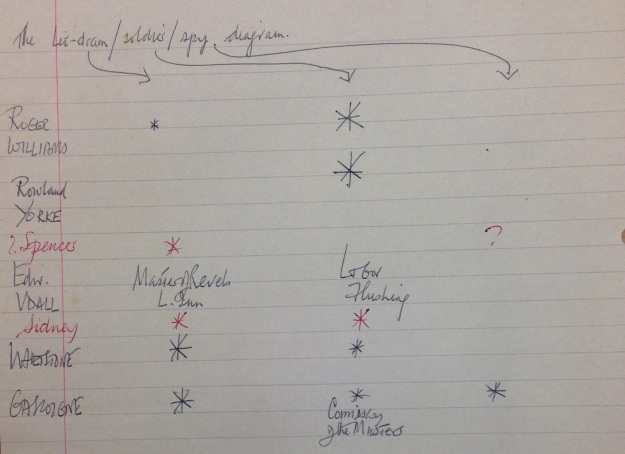
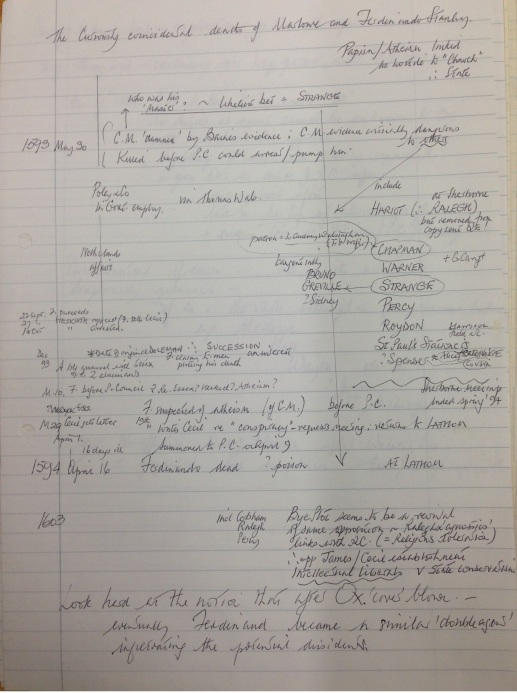
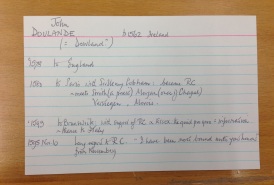
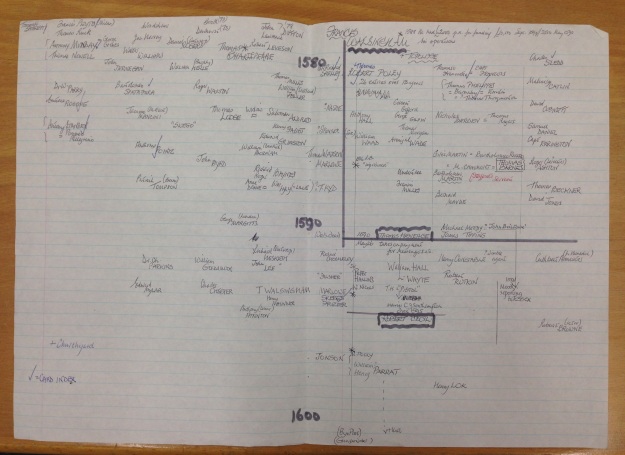
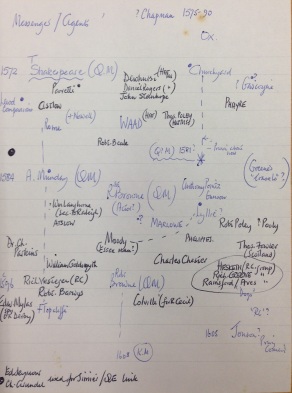
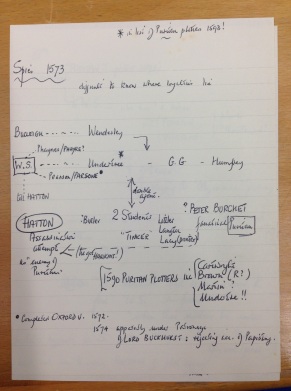
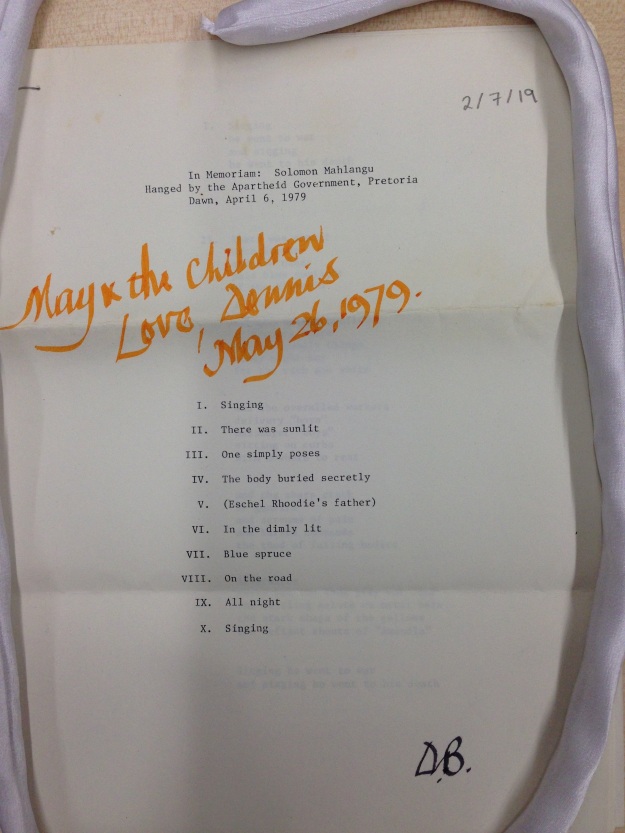


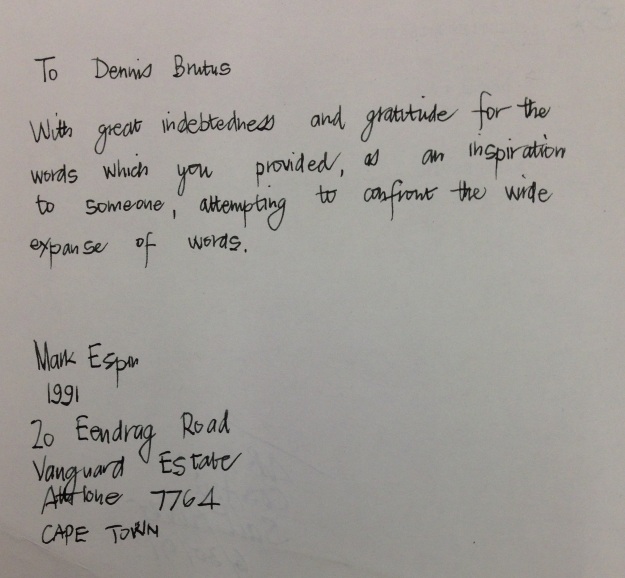
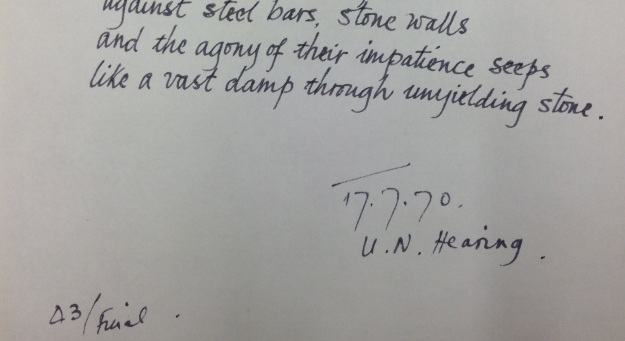
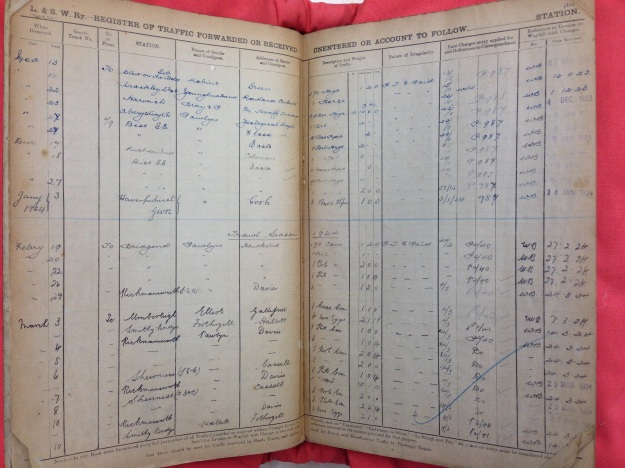
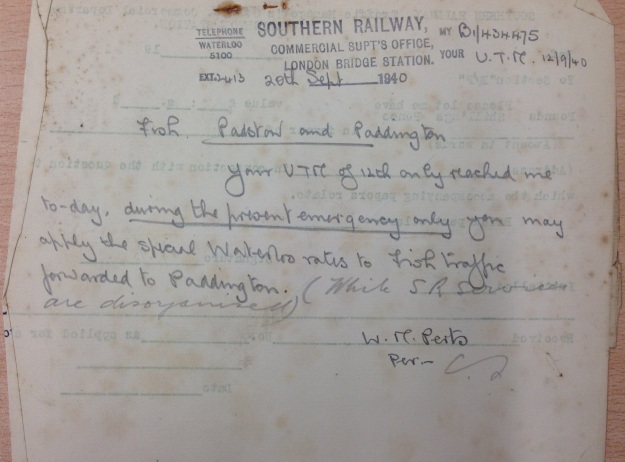
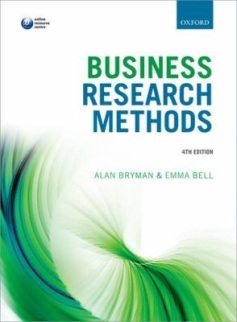 During the 2015-2016 academic period the most popular title borrowed from the library was Business Research Methods by Alan Bryman and Emma Bell, which was checked out a total of 684 times. This particular title is currently available from the library in four different editions, having originally been published in 2003 (HD30.4.B78) and most recently in 2015 (HD30.4.B78 2015). Adapted from Bryman’s own ‘Social Research Methods’, according to the blurb this title provides students with ‘a comprehensive introduction to the area of business research methods. It gives students an assessment of the contexts within which different methods may be used and how they should be implemented.’
During the 2015-2016 academic period the most popular title borrowed from the library was Business Research Methods by Alan Bryman and Emma Bell, which was checked out a total of 684 times. This particular title is currently available from the library in four different editions, having originally been published in 2003 (HD30.4.B78) and most recently in 2015 (HD30.4.B78 2015). Adapted from Bryman’s own ‘Social Research Methods’, according to the blurb this title provides students with ‘a comprehensive introduction to the area of business research methods. It gives students an assessment of the contexts within which different methods may be used and how they should be implemented.’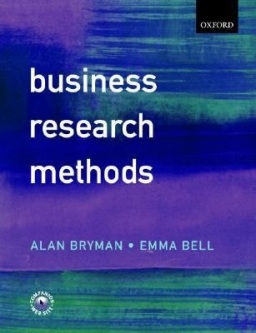 Alan Bryman is Professor of Organisational and Social research at the University of Leicester, which he joined in 2005 after working at the Department of Social Sciences at Loughborough University for 31 years. He has contributed to numerous research publications and is well-known for his 1988 book Quantity and Quality In Social Research. Emma Bell is Head of the Centre for Economics and Management at Keele University. She is also the current joint Editor-in-Chief for Management Learning, the ‘Journal for Critical, Reflexive Scholarship on Organisation and Learning’.
Alan Bryman is Professor of Organisational and Social research at the University of Leicester, which he joined in 2005 after working at the Department of Social Sciences at Loughborough University for 31 years. He has contributed to numerous research publications and is well-known for his 1988 book Quantity and Quality In Social Research. Emma Bell is Head of the Centre for Economics and Management at Keele University. She is also the current joint Editor-in-Chief for Management Learning, the ‘Journal for Critical, Reflexive Scholarship on Organisation and Learning’.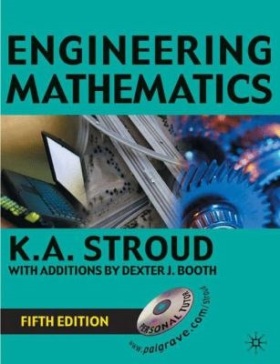 Going as far back as records will allow to the mid 1990s, the most checked out individual book is a copy of K. A. Stroud’s Engineering Mathematics (item ID 6025957295, call number QA37.S87 2001), which had been checked out 1161 times as of the time of writing. It has sold over 500,000 copies worldwide in its various iterations and is hailed as a classic in its field. Author Kenneth Arthur Stroud was a mathematician and Principal Lecturer in Mathematics at Lanchester Polytechnic in Coventry, England. According to Wikipedia he was ‘an innovator in programmed learning and the identification of precise learning outcomes’. Stroud passed away in 2000 at the age of 91. Engineering Mathematics continues to be updated since his passing, with contributions from Dexter J. Booth, a holder of a PhD in Theoretical Physics and a former Principal Lecturer at the University of Huddersfield.
Going as far back as records will allow to the mid 1990s, the most checked out individual book is a copy of K. A. Stroud’s Engineering Mathematics (item ID 6025957295, call number QA37.S87 2001), which had been checked out 1161 times as of the time of writing. It has sold over 500,000 copies worldwide in its various iterations and is hailed as a classic in its field. Author Kenneth Arthur Stroud was a mathematician and Principal Lecturer in Mathematics at Lanchester Polytechnic in Coventry, England. According to Wikipedia he was ‘an innovator in programmed learning and the identification of precise learning outcomes’. Stroud passed away in 2000 at the age of 91. Engineering Mathematics continues to be updated since his passing, with contributions from Dexter J. Booth, a holder of a PhD in Theoretical Physics and a former Principal Lecturer at the University of Huddersfield.